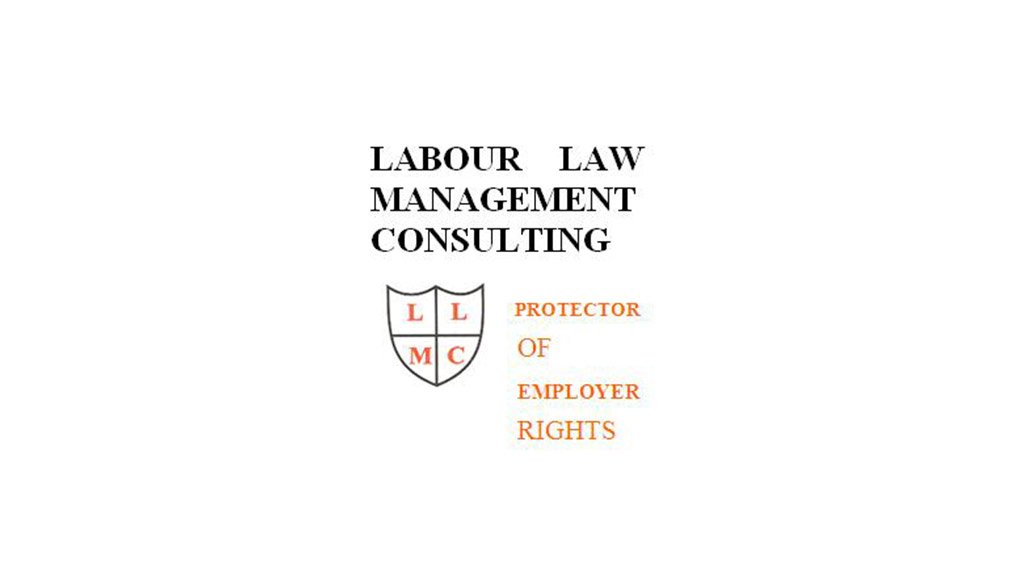The CCMA, bargaining council, Labour Court, Labour Appeal Court or private arbitrator are empowered to take very strong action against employers who commit unfair labour practices or an unfair dismissals.
The types of penalties/corrective actions that have typically been imposed include reinstatement, re-employment, interdicts, promotion of the employee, reversal of a demotion, reduction of a disciplinary penalty reinstatement of benefits, and compensation amongst others. We need to look at each of these remedies in detail because they can have a severe effect on the employer’s financial and/or operational circumstances.
Employers are warned that the Labour Relations Act (LRA) favours re-instatement as the first remedy for unfair dismissal. That is, section 193(2) provides that: “The Labour Court or the arbitrator must require the employer to reinstate or re-employ the employee unless:
- the employee does nor wish to be reinstated or re-employed;
- the circumstances surrounding the dismissal are such that a continued employment relationship would be intolerable;
- it is not reasonably practicable for an employer to reinstate or re-employ the employee; or
- the dismissal is unfair only because the employer did not follow a fair procedure.”
‘Reinstatement’ means that the employer must take the employee back with retrospective effect to the date of dismissal. For example, if the employee was unfairly dismissed on 1 February 2002 and the reinstatement award was made on 31 May 2004 then the employer would have to give the employee back pay for 28 months!
In the case of POPCRU & others vs Minister of Correctional Services & others (2006, 4 BLLR 385) seventy five correctional officers were fired for refusing to work overtime. Prior to the dismissals the employer had successfully obtained an interdict prohibiting this overtime ‘rebellion’. During the year end holiday periods the employees failed to turn up for work. When asked for their reasons they all claimed to be sick. They were all dismissed on 3 January of the new year without a disciplinary hearing. The Court found that the dismissals were unfair and ordered the employer to reinstate all 75 employees.
Under a ‘re-instatement’ order the employer could be required to take the employee back, not from the date of dismissal, but with effect from the date of the award (or an earlier date). While this is not as harsh as a full reinstatement it could cause serious problems for the employer if it is unable to accommodate the employee due to relationship problems or operational circumstances.
If, for example, an employee was unfairly dismissed for discriminatory reasons the court could, in addition to reinstatement, issue an interdict (order) prohibiting the employer from continuing with its discriminatory acts.
Should it be found that the employer was guilty of unfairly failing to promote an employee the arbitrator could order the employer to promote the employee.
Likewise, if the employer demoted or disciplined the employee unfairly, the arbitrator could order the reversal of the demotion/discipline.
Should the employer have unfairly removed, reduced or refused an employee’s benefit (e.g medical aid or pension) the arbitrator could order the employer to restore or provide the benefit to the employee.
Where other remedies are considered by the court or arbitrator to be inappropriate then compensation may be awarded. This means that the employer is ordered to pay the employee reparations to recompense him/her for the loss of his/her job, benefits, status etcetera. Under certain circumstances compensation can be as much as 24 months’ remuneration.
In the case of Steen vs Wetherleys (Pty) Ltd (2006,2 BLLR 222) a branch manager was dismissed for theft or gross negligence after a large quantity of goods disappeared. The dismissal was based largely on the results of a polygraph test and the evidence of an investigator. However, the commissioner rejected the polygraph test results as unscientific. He/she also rejected the investigator’s report as it constituted hearsay evidence. The branch manager was neither the only person in charge of the goods in question nor was she in charge of security. She also did not work at night when most of the stock had disappeared. The CCMA found the dismissal to be unfair and awarded the employee 12 months’ remuneration in compensation.
It is clear that, regardless of the nature of the remedy, it could, in different ways, prove extremely costly to the employer. Employers therefore need to:
- Undergo intensive training as to the labour law in order to avoid breaking it
- Discard the attitude that nobody will dictate to them how to treat their employees
- Learn how to manage employees effectively within the parameters of the law.
To book for our 18 October course on COMBATTING WORKPLACE ABSENTEEISM please contact Ronni on ronni@labourlawadvice.co.za or 0845217492
Written by Ivan Israelstam, Chief Executive of Labour Law Management Consulting. He may be contacted on (011) 888-7944 or 0828522973 or on e-mail address: ivan@labourlawadvice.co.za. Go to: www.labourlawadvice.co.za
EMAIL THIS ARTICLE SAVE THIS ARTICLE ARTICLE ENQUIRY
To subscribe email subscriptions@creamermedia.co.za or click here
To advertise email advertising@creamermedia.co.za or click here











